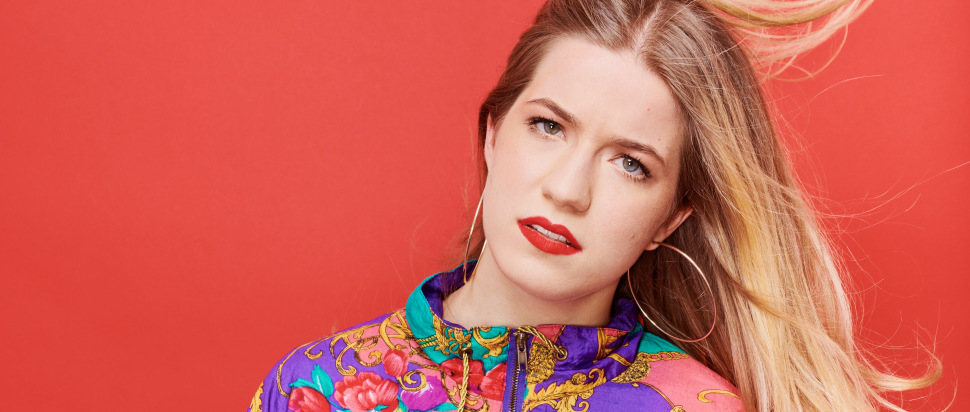Olga Koch, Jordan Brookes, and the art of Twitter comedy
As we enter the third (?!) decade with Twitter in it, has the form evolved to be more than shameless plugs for comedians?
Twitter is clearly a great platform for comedy. But how much real comedy is there beyond the self-promotion? Well, plenty, it would seem, and much that is innovative in making skilful use of the specific architecture of the platform.
Olga Koch is one comedian who does good Twitter, and she’s also given some serious thought to the implications and possibilities of the form. When asked about her Twitter style, she commented upon the “weird feeling of community” which helps engender the many inside jokes, suggesting that comic intertextuality is that bit more intense in the Twittersphere.
Much comedy relies upon shared social knowledge or unspoken cultural assumptions and on Twitter, such economy is taken further still. The pleasure of getting those allusions operates on several levels depending on how experienced the Twitter user is. Koch uses the example of the ‘you’re telling me a shrimp fried this rice?’ gag, both enjoyable to a first-timer and for those more seasoned users. It’s a Twitter tradition, the collective gleefully awaiting the next inevitable wave of shrimp fried rice tweets.
Insider know-how is often hard won, as Koch says, “you have to be consuming a certain amount, just to be on top of the grammar”, but such engagement is rewarded with the pleasures of really precise communication. “You’ll just know that ‘this is a lower case tweet’ – assured that others out there will also know that it has to be a lower case tweet”. And as for how the material she posts is specific to Twitter, Koch says she relishes the sense of freedom – enjoying the chance to be more explicit, and harder-edged – the one prohibition being against anything that is too earnest, or sincere.
One of Koch’s recent posts illustrates both that freedom and the economy of communicating to a community that often shares exactly the same cultural references. She retweets a 2016 post, which uses an image of a heavily be-ringed Harry Styles: ‘24 now and still haven’t been fingered by a guy wearing a thumb ring and at this rate i’m not sure if it will ever happen for me tbh’. Lightly satirising the earnest, self-actualising millennial – the righteous entitlement of that ‘tbh’ is a deft touch – and the deadpan indignation of the retweet (‘I beg your pardon’) dryly underscores the post’s explicitness.
Another comedian whose tweets share this precision is Jordan Brookes, winner of this year’s Edinburgh Comedy Award. In this recent post, he parodies the Twitter tendency to a less expertly calibrated explicitness: ‘Oh man, when you’re watching a film with your family and then a sex scene comes on and you’re like what did i expect from a Brazzers movie why did I choose it ’ The satire here is directed at a kind of white dude mode, a particular performance of rather anxious heterosexual masculinity. The quality of inane observation is matched by the lack of punctuation and the sloppy emojis. Then, next post, in Brookes’s own voice: ‘The cowards pretending not to know what Brazzers is. I see you.’ As with Koch’s retweet, the contrasting voice sharpens the parody, by giving us a standpoint outside it.
These jokes can only work online: skilfully using the formal characteristics of the platform – retweeting, acronyms, emojis – and referencing types immediately recognisable to the habitual internet user. It can be easy to dismiss Twitter as a deluge of bragging, but it is also a treasure trove of finely calibrated and precise comedy.
Olga Koch: If/Then, Old Hairdresser's, Glasgow, 14 Mar; Monkey Barrel, Edinburgh, 15 Mar
Jordan Brookes: I've Got Nothing, Monkey Barrel, Edinburgh, 8 Mar
